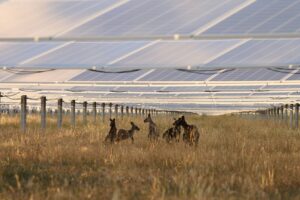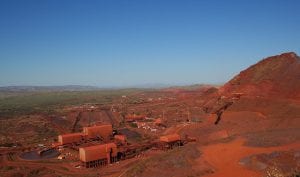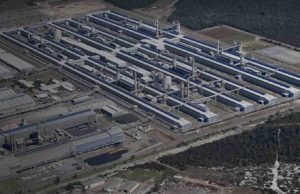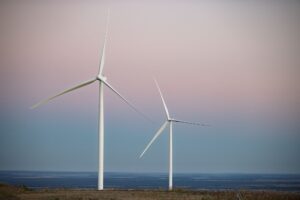One of Australia’s first federal ministers for climate change, Greg Combet, will chair the Albanese government’s Net Zero Agency, the body charged with helping regional communities transition away from fossil fuel industries.
The agency, announced in May, will eventually become the legislated Net Zero Authority, but it’s starting work in July to help communities like those around Hazelwood in Victoria and Liddel in NSW, already dealing with coal power plant closures.
The agency will work with state, territory and local governments, existing regional bodies, unions, industry, investors and First Nations groups to help former fossil fuel industry workers retrain and access support.
For regional communities, the agency will coordinate programs and policies to attract new clean energy industries and set those industries up for success.
Funding is coming in the form of $400 million from the $1.9 billion Powering the Regions Fund to support existing industry and new clean energy industries.
A 10-strong advisory board was appointed alongside Combet, who quit his role as chair of Industry Super Australia to take on the new job.
That board consists of economist Ross Garnaut, Powerlink Queensland CEO Paul Simshauser, Australian Energy Regulator CEO Anthea Harris, Infrastructure WA chair Nicole Lockwood, Rio Tinto CEO Australia Kellie Parker, Australian Council of Trade Unions president Michele O’Neil, UTS pro-vice chancellor Robynne Quiggin, ClimateWorks CEO Anna Skarbek, Mining and Energy Union general president Tony Maher, BHP chief technical officer Laura Tyler.
National coordination desperately needed
The responses to the new agency were largely positive with many saying Australia was long overdue a transitional body that can direct how the country achieves its 82 per cent renewables by 2030 and net zero by 2050 ambitions.
When the agency was announced, Skarbek co-wrote a paper saying the new body’s focus was spot on, given Climateworks’ research showing the need for an overarching authority to coordinate the grassroots level government and industry decarbonisation activities happening now.
“In June last year, for example, we released a study involving five industrial regions: the Pilbara and Kwinana in Western Australia, the Hunter and Illawarra in New South Wales and Gladstone in Queensland,” Skarbek wrote with Climateworks system lead Kylie Turner.
“Between them, they extract or make products such as iron ore, steel, aluminium, chemicals and liquified natural gas.
“We found that while significant action is underway to decarbonise these regions, investment in both industry and the energy system must be significantly scaled up to achieve big emissions reductions and build the new industries needed.”
They proposed creating industrial “clusters” in places like Gladstone, where emissions reduction technologies can be adapted to high emitting industries.








